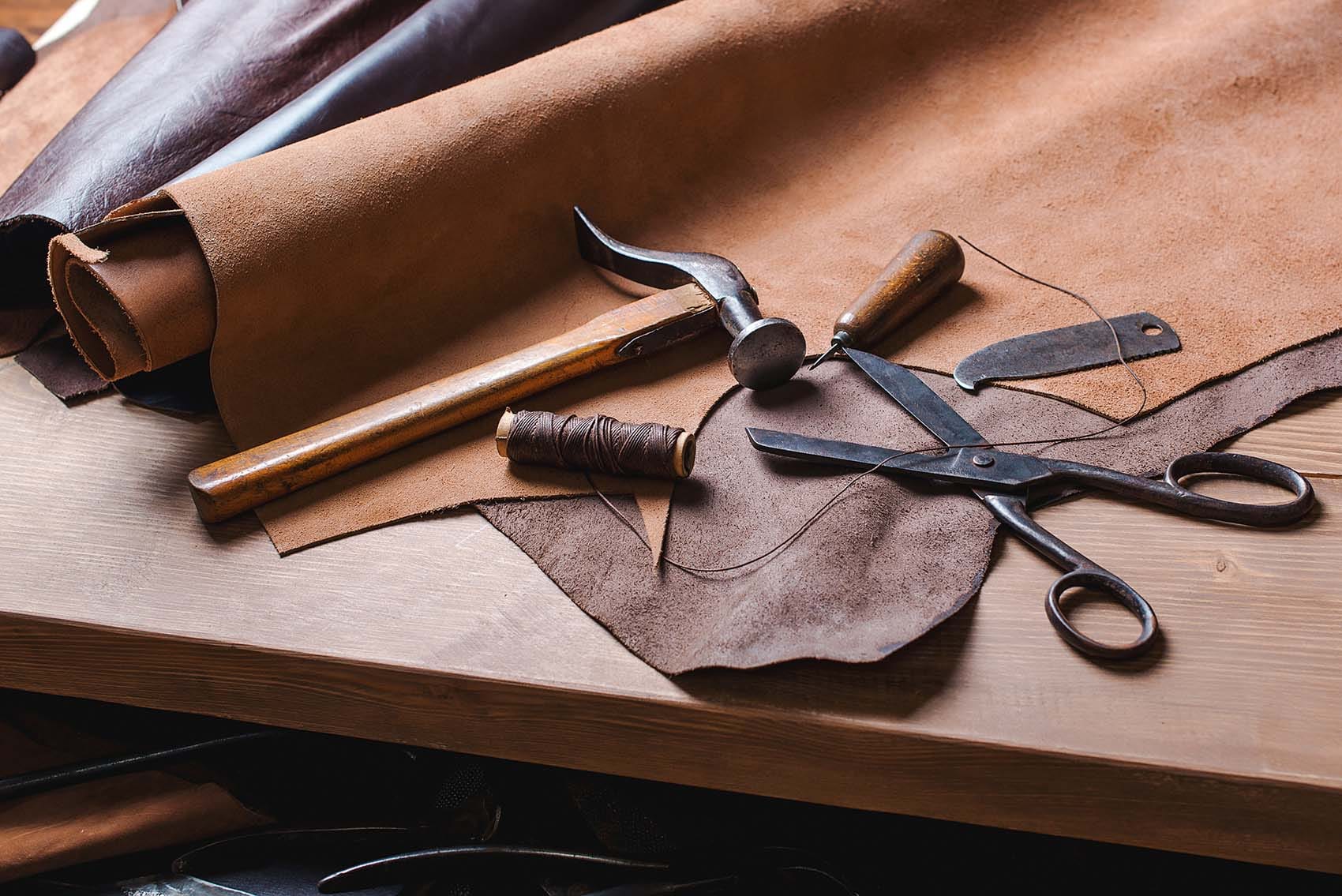Discovering Roman Craftsmanship
Workshops and Master Artisans in the Eternal City
Italy has always been a country of artisans. It is estimated that 22% of all Italian companies are craft enterprises, while the impact of artisan production on GDP is close to 3.4%. These are businesses that resist strong international competition thanks to the tenacity of their people and the great quality they manage to transfer to their products, the famous “Made in Italy.”
It’s no secret, especially for tourists, that in all cities around the world, it is truly difficult to distinguish between the vast array of artifacts from all over the world and those original to the place. Those who love small souvenirs increasingly find shops overflowing with trinkets from every corner of the planet, and somehow the romantic aspect of bringing back a genuine memory of Rome, Paris, or London is lost.
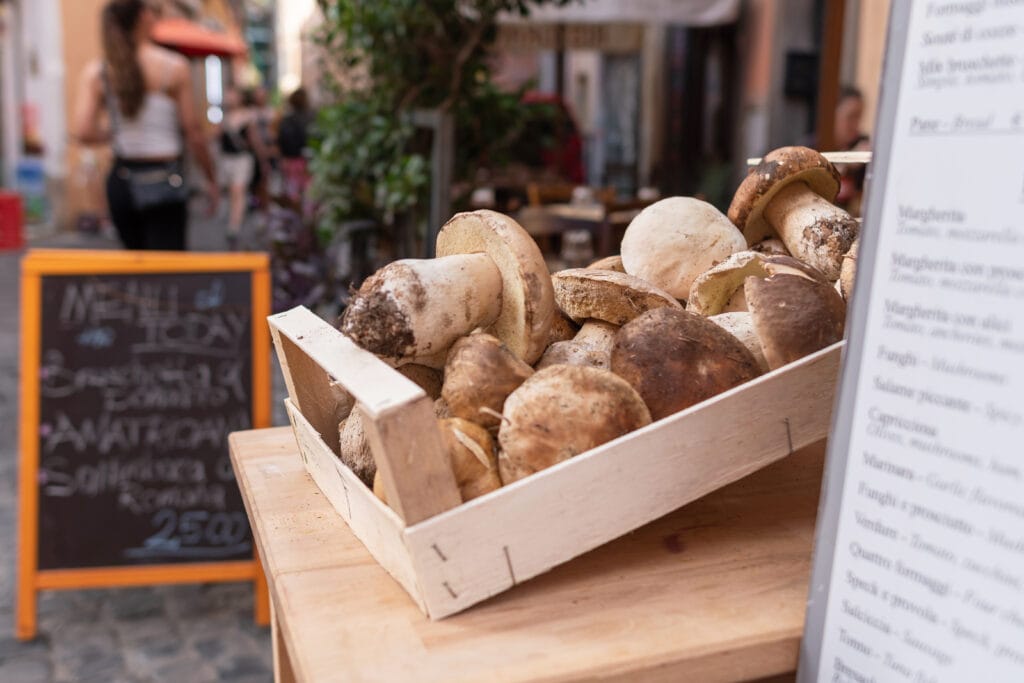
Rome is no exception to this Italian trend. Beyond the Colosseum and the Trevi Fountain, Rome guards a lesser-known but equally precious treasure: the skilled hands and tradition of its artisans. In every alley, behind doors that seem to belong to another era, the hearts of workshops beat where time flows differently.
From your stay at Hotel Alpi, just steps from Termini Station, you can embark on a fascinating journey into the world of authentic Roman craftsmanship. An experience that transforms a simple visit into an encounter with the truest soul of the city.
When Roman emperors ruled the known world, tabernae filled the city streets with the sound of hammers, the scent of worked leather, and the vivid colors of precious fabrics. They were not simple shops: they were places where expert craftsmen created objects destined to last generations.
That tradition has never died out. It has transformed, traversed dark ages and renaissances, resisted industrial revolutions. Today, in the same areas where ancient markets once stood, artisans continue to operate, carrying forward knowledge passed down from father to son.
Entering one of these workshops means crossing an invisible threshold: on one side the noise of contemporary Rome, on the other the concentrated silence of those who create with their own hands.
Monti: The Creative Heart of the City
A short distance from Hotel Alpi, reachable with a pleasant fifteen-minute walk, the Monti district reveals itself as a neighborhood where ancient and contemporary harmoniously dialogue. Here, among the cobblestones shiny with rain and ochre-colored facades, hide goldsmith ateliers where each jewel tells a unique story.
You won’t find mass production, but creations designed for those seeking exclusivity. Many artisans accept personalized commissions: you can return home with a piece that no one else in the world possesses.
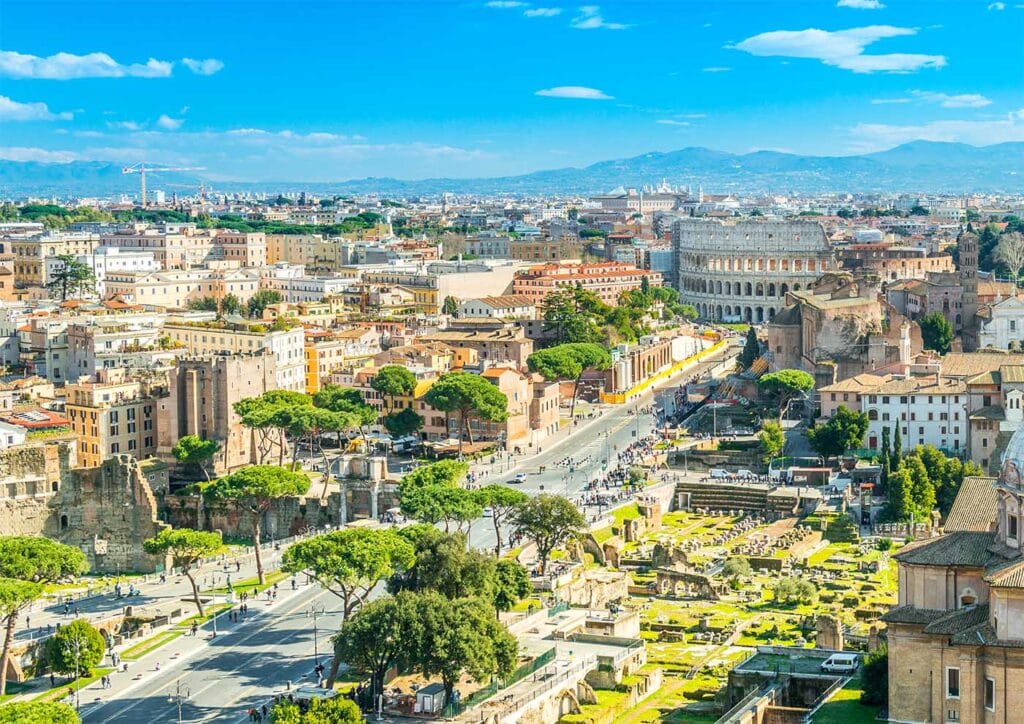
Trastevere: Where Ceramics Come to Life
It’s called this because it was one of the first areas built on the right bank of the Tiber. Crossing the river, Trastevere welcomes you with its bohemian charm. Here ceramicists work clay with techniques rooted in the Renaissance, while master glassmakers blow creations that capture Roman light in surprising ways.
Some workshops offer the possibility to witness the creative process, an experience that transforms visitors into witnesses of tangible magic. Seeing an object being born before your eyes creates an emotional connection impossible to replicate in a traditional store.
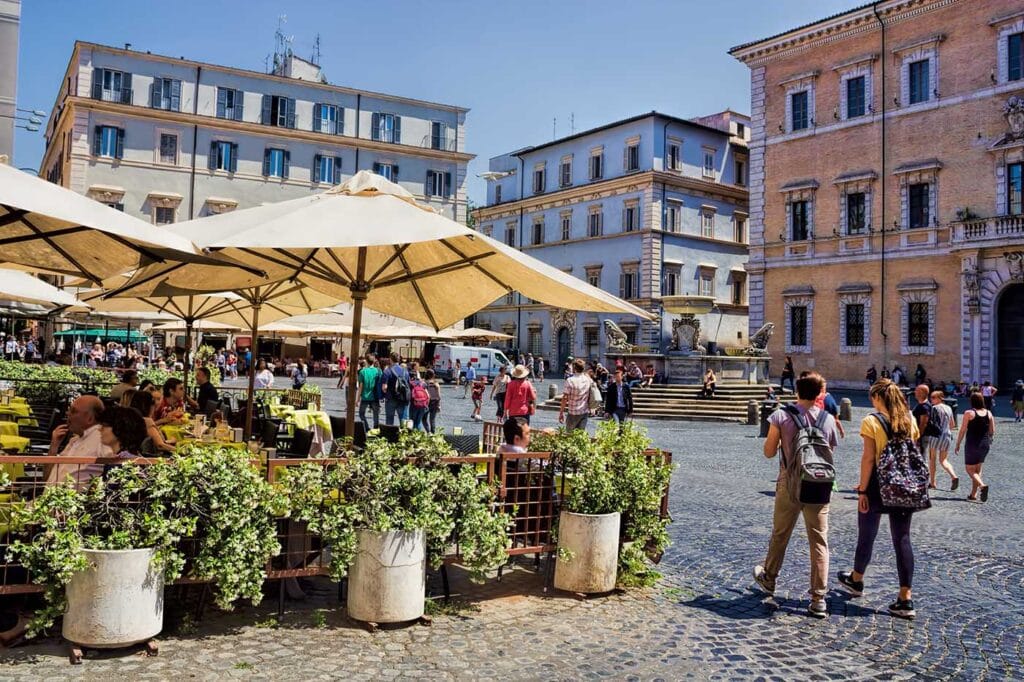
Rione Ponte: Sacred Art and Sculpture
Near the Vatican, this neighborhood hosts craftsmen specialized in creating liturgical objects and sculptures. The workshops here preserve an atmosphere of secular sacredness: respect for materials and tradition can be felt in the air.
For those wishing to take home a memory that goes beyond the tourist souvenir, these workshops offer pieces of authentic artistic and spiritual value.
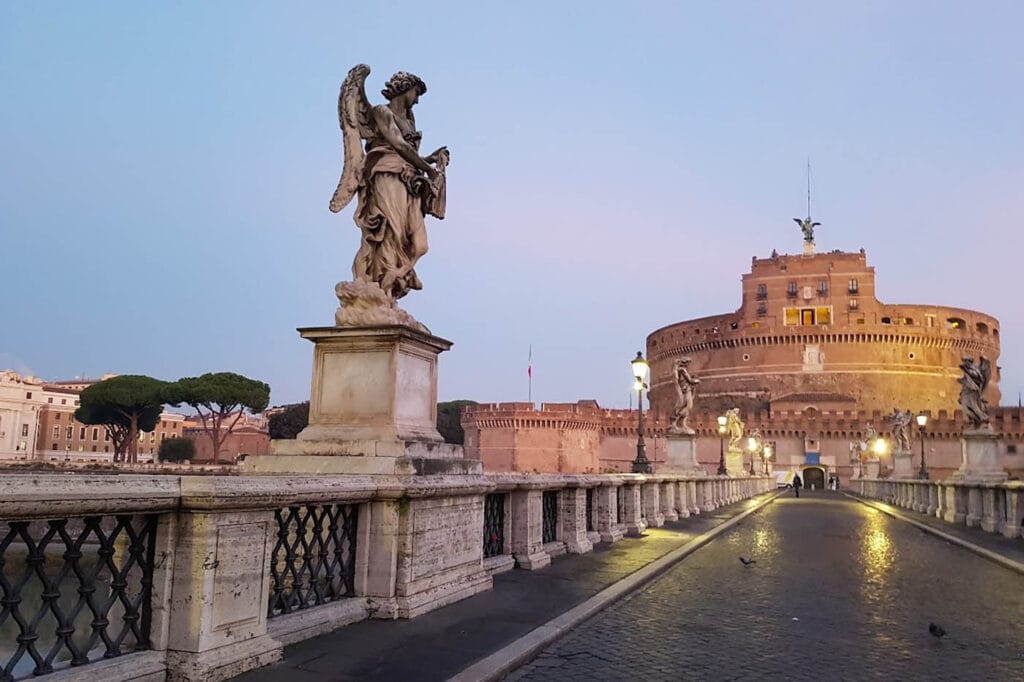
Historic Workshops
Antica Cartotecnica
Since 1930, a historic Roman stationery shop has produced notebooks with impeccable binding and writing instruments that transform the act of writing into a ritual. In an era dominated by digital, these creations represent an act of poetic resistance: choosing slowness, savoring the texture of paper under your fingers.
Cornici d’arte Mucci on Via Margutta
The artists’ street par excellence hosts a frame shop where tradition and innovation merge. Here each frame is designed like a custom-made dress for the artwork it will contain. Master artisans study colors, proportions, and styles with the dedication of a theatrical set designer.
Steel and Tradition: Master Knife Makers
For generations, a workshop near Via dei Chiavari has forged blades with millimeter precision. These are not simple tools, but instruments that will accompany their owners for a lifetime. The difference between an industrial knife and an artisanal one is perceived at first use: in the weight, the balance, the feeling that the blade is a natural extension of the hand.
Antica Libreria Cascianelli
Near the city’s most famous squares, there are bookstores specializing in rare volumes. Since 1909, one of these has attracted bibliophiles and collectors from around the world. Browsing an old book, smelling the scent of aged paper, imagining the hands that before yours turned those pages: it’s an experience that no e-book can ever replicate.
The Scent of Freshly Baked Bread, Forno Roscioli
Near Campo de’ Fiori, a historic bakery continues to produce bread according to traditional methods. You can taste the difference: crispy crust, fragrant crumb, that authentic flavor that only natural leavening and a wood-fired oven can provide.
From Your Hotel to the Heart of Roman Craftsmanship
Staying at Hotel Alpi positions you strategically to explore the best of Roman craftsmanship. The Castro Pretorio area offers quick connections to all the city’s artisan neighborhoods:
- Monti: 15 minutes on foot or two metro stops
- Trastevere: 20 minutes by public transport
- Historic center: easily reachable on foot or with a short taxi ride
- Rione Ponte: 25 minutes through the heart of Rome
Our staff will be happy to recommend the best itineraries and provide personalized directions based on your specific interests.
